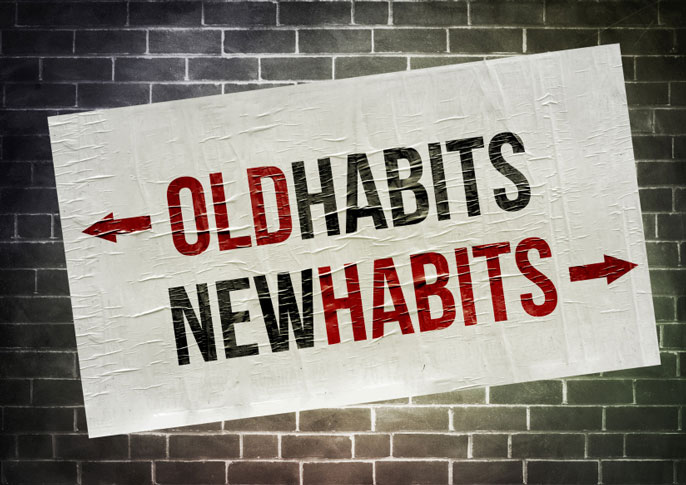Discover what's really behind your all-consuming desire for a cupcake—and the science that puts you back in control
The next time you're hit with an insatiable urge for a double-chocolate brownie, ask yourself these four questions to get to the root cause, then follow our expert tips tailored to your trigger.
1. Ask yourself: Am I stressed out?
Do this:
Stimulate happiness. "Women especially have a profound emotional reaction to music," notes Bulik. She asks her clients to create upbeat playlists to listen to whenever a food craving strikes. The songs provide a distraction and an emotional release.
Wait it out. "People give in to cravings because they think they'll build in intensity until they become overwhelming, but that's not true," says Bulik. Food cravings behave like waves: They build, crest, and then disappear. If you can "surf the urge," you have a better chance of beating it altogether, she says.
Choose the best distraction. "What you're really craving is to feel better," says Linda Spangle, RN, a weight loss coach in Broomfield, CO, and author of 100 Days of Weight Loss. You've heard the trick about phoning a friend or exercising instead of eating. But "taking a solo walk won't help if you're feeling lonely," says Laurie Mintz, PhD, a professor of counseling psychology at the University of Missouri. Instead, identify your current emotion—bored, anxious, mad—by filling in these blanks: "I feel ____ because of ____." Then find an activity that releases it. If you're stressed, channeling nervous energy into a workout can help; if you're upset over a problem at the office, call a friend and ask for advice.
2. Ask yourself: Have I been eating less than usual?
Photo by Mark Hooper
Do this:
Lift any bans—safely. Plan ways to enjoy your favorite foods in controlled portions, says McManus. Get a slice of pizza instead of a whole pie, or share a piece of restaurant cheesecake with two friends.
Don't "eat around" food cravings. Trying to quell a food craving with a low-cal imitation won't satisfy your brain's memory center, says Marcia Levin Pelchat, PhD, a researcher at Monell Chemical Senses Center in Philadelphia. For example, if you're craving a milkshake, yogurt won't cut it—especially if you've been depriving yourself. You may even take in more calories than if you'd just had a reasonable portion of what you wanted in the first place. Munching five crackers, a handful of popcorn, and a bag of pretzels, all in the name of trying to squash a craving for potato chips, will net you about 250 more calories than if you'd eaten a single-serving bag.
3. Ask yourself: Am I getting enough sleep?
In a University of Chicago study, a few sleepless nights were enough to drop levels of the hormone leptin (which signals satiety) by 18% and boost levels of ghrelin, an appetite trigger, by about 30%. Those two changes alone caused appetite to kick into overdrive, and cravings for starchy foods like cookies and bread jumped 45%.
Do this:
Have some caffeine. It can help you get through the day without any high-calorie pick-me-ups. It won't solve your bigger issue of chronic sleep loss, but it's a good short-term fix until you get back on track.
Portion out a serving. You probably don't have the energy to fight it, so try this trick: Before you dig in, dole out a small amount of the food you want (on a plate) and put the rest away.
4. Ask yourself: Am I a creature of habit?
You may not realize it, but seemingly innocent routines, such as eating cheese popcorn while watching TV, create powerful associations. "The brain loves routine," says Bob Maurer, PhD, author of One Small Step Can Change Your Life. The thought of letting go of these patterns can cause a fear response in an area of the brain called the amygdala. "Once the food hits your lips, the fear response shuts off in a heartbeat," says Maurer.
Do this:
Eliminate sensory cues. Smells, sights, and sounds all act as powerful triggers. Watch TV in your basement or bedroom so you're far away from the kitchen full of snacks.
Picture yourself healthy. Try Maurer's "stop technique": Every time the food you crave pops into your head, think, Stop! Then, picture a healthy image (say, you lean and fit). After a while, your brain will dismiss the food image and the craving will subside. "One of my clients did this four or five times a day, and within 2 weeks, she stopped turning to sweets every night after dinner," he says.
Shift your focus. Australian researchers found that distracting your brain really does work. When a food craving hits, divert your attention to something visual not related to food, like typing an email.


